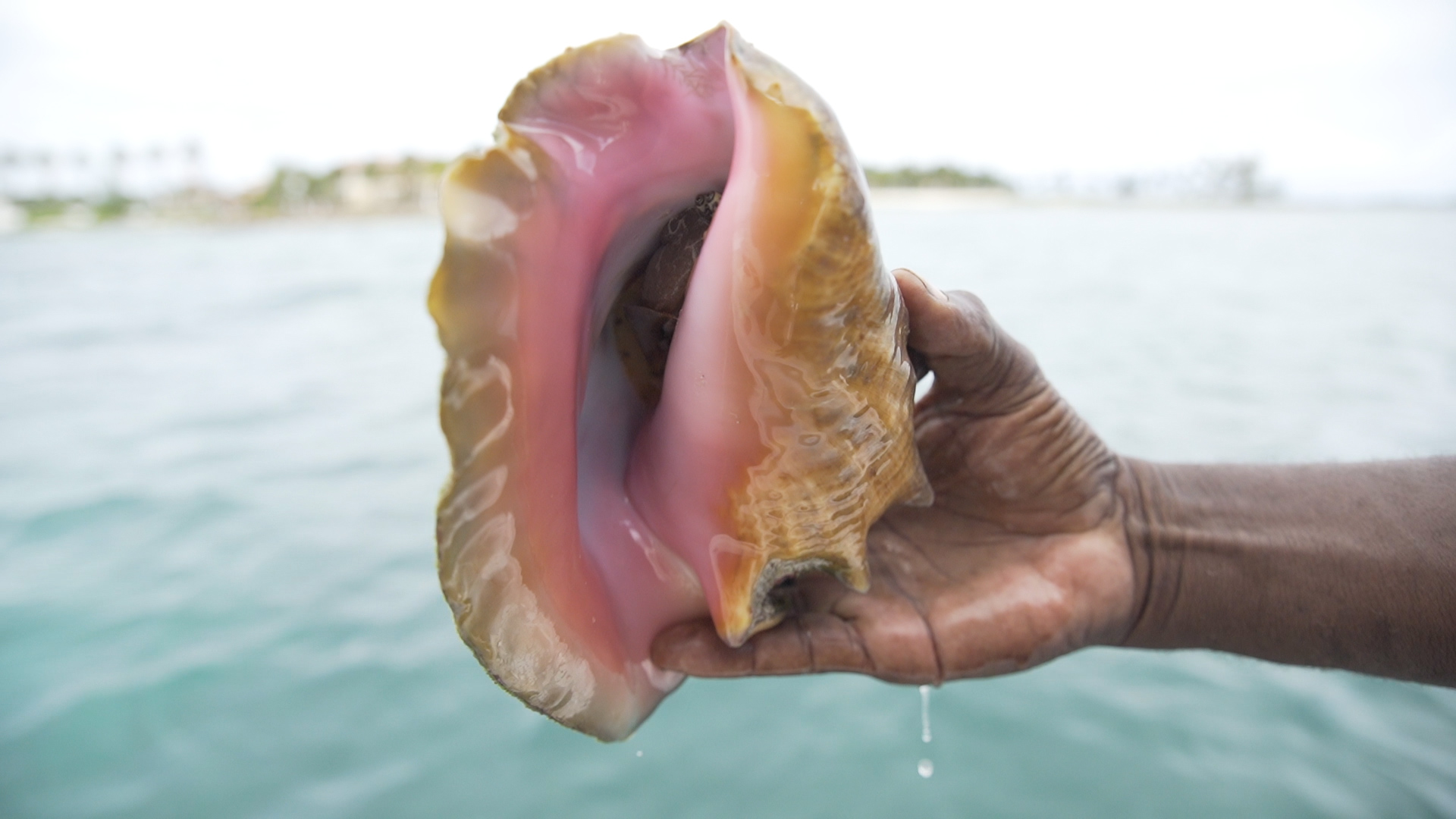- Conch is an important part of the Bahamas’ economy and culture. Conch exports brought in over $5 million to the country in 2018, and conch salad is a cultural icon of the islands.
- But the conch population is threatened by extreme weather and overfishing. Populations have declined as much as 91% in certain islands, eliminating the fisheries there.
- The Bahamian government is now considering new regulations to protect the animal, including a limit to its fishing season.
- Bahamian fishermen and vendors, who depend on the conch industry for income, fear that these new possible laws will jeopardize their livelihoods.
- Visit Business Insider’s homepage for more stories.
Following is a copy of the transcript.
Conch exports brought in over $5 million to the Bahamas in 2018. The sea snail is an important part of the country’s economy, and fresh conch salad is a cultural icon of the islands.
The government is considering new regulations to protect the marine animal, but many Bahamians fear that these laws will harm their livelihoods.
"People won't be able to feed their families because a lot of people make money off of it everyday," said Champ Strachan, owner of It's Aboat Time Charters.
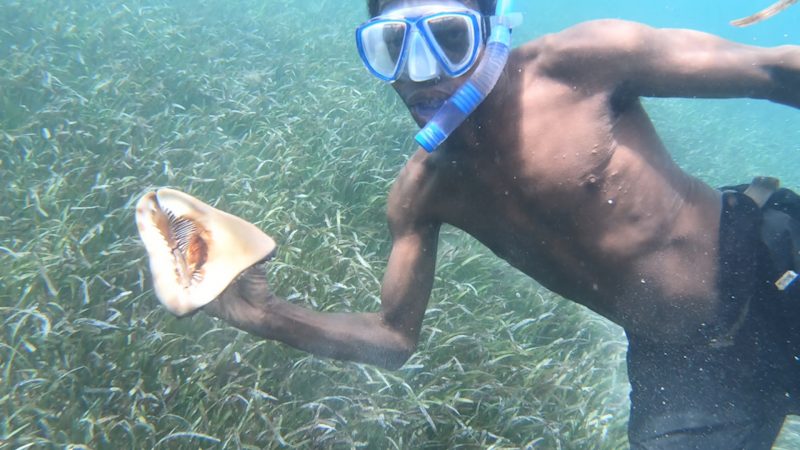
The hunt for conch begins in search of dark grey water, a sign of the animal's hunting grounds.
"You go to the right spot, you will meet them there like a whole ant's nest," said diver Shane Lionel Williams.
On a good day, Williams can pick up 800 to 1,000 conchs in one trip. But right now, it's hard to find that many in the water. The grassy areas where the snails like to feed are pretty empty.
Stormy season is always a challenge for the conch industry. Fishermen can't go out as often, the water gets muddy, and conchs aren't in their usual places. This year, Hurricane Dorian made things even more difficult.
"They're so displaced right now because of the weather," explained Strachan.
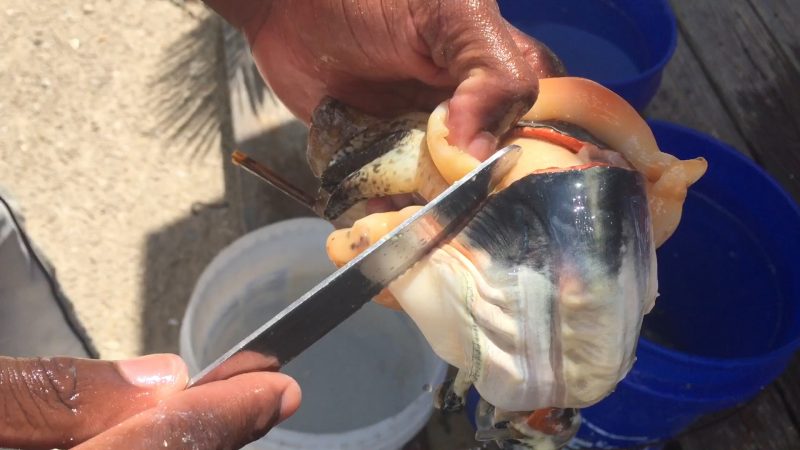
Overfishing has also been an issue. Conchs take three to five years to reach reproductive maturity, and they rely on spawning groups of at least 50 in order to mate. Since there is no conch season in the Bahamas - and no limit to how many snails a fisherman can catch per day - the population has struggled to grow.
To top it off, existing regulations in the Bahamas like export quotas and protected marine areas have been loose and hard to enforce. After a recent study found that the country's conch industry could disappear in 10 to 15 years, the government decided to run a survey about new possible laws to sustain the conch population.
Something it's considering is introducing a conch season to give the snails time to reproduce, but many in the industry don't support it.
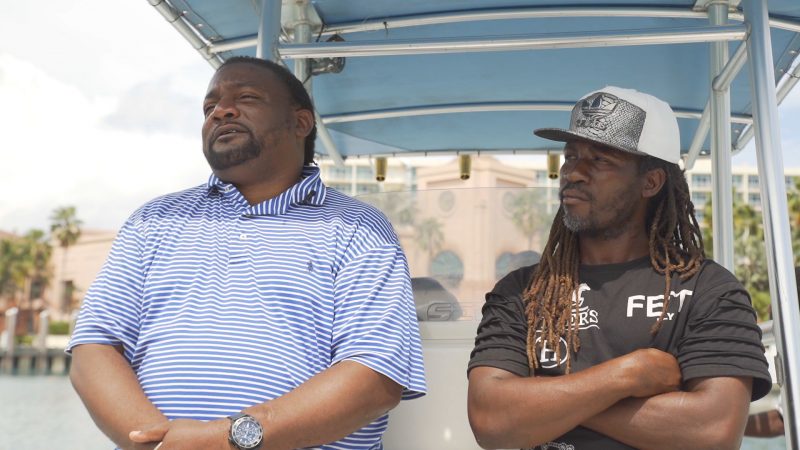
"I haven't spoken to any fishermen that want it to happen," said boat captain Lance Palmer.
The government is also thinking about banning commercial exports or restricting harvesting to conchs that have already reached maturity.
"Right now it would hurt the small man because he's saying, 'I need to feed my family. I need to go today and get 500 conch,'" said Strachan. "So he's thinking about today, but sometimes we have to actually look for long term for your kids."
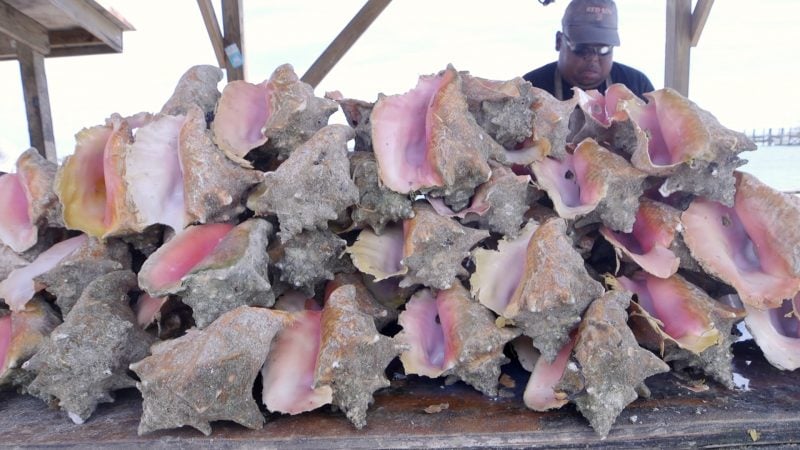
Over the decades, conch fisheries have closed in a number of other countries, including Venezuela, Bermuda, and the United States. But that hasn't ended demand. Today, almost all of the conch consumed in the US comes from the Bahamas.Conch exports are a key part of the economy, but the government says that 80% of what is caught in the Bahamas actually remains in the country.
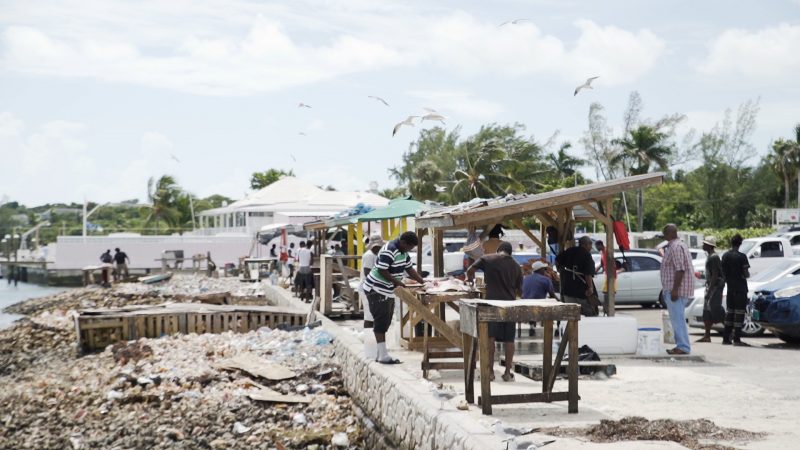
Montagu Beach is one spot in Nassau where fresh conch is bought and sold locally. Many here are aware of the new possible restrictions on the conch-fishing season, like Aljournal Miller, who's been selling conch for 37 years.
"Well, you're gonna hurt a lot of business," said Miller. "Because a lot of Bahamian people, they love conchs. The restaurants, the hotels, all about their conchs. So, I don't know."
When asked whether a closed conch season would affect his livelihood, Miller responded, "Yeah, but I'll find something else to do. Yeah."
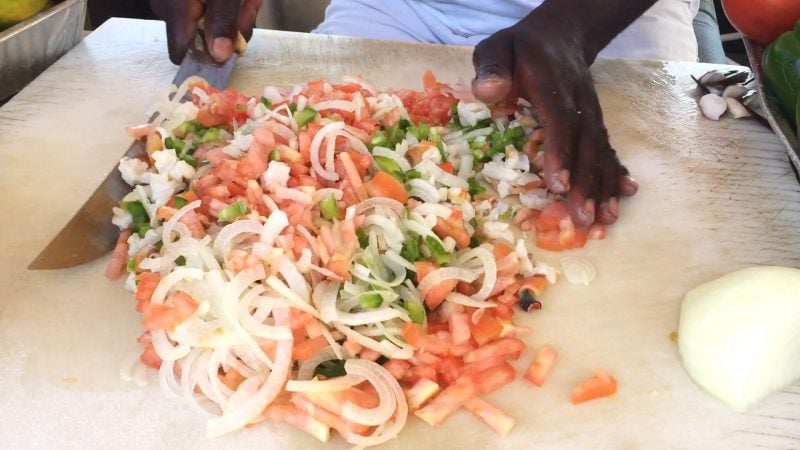
Until then, here at the dock, business goes on as usual. The stands are bustling - Bahamians opening conch, cutting conch, selling conch, and preparing conch to eat.
A shop called Barbie and Yellow's is making conch salads. The man chopping ingredients said he makes 60 or 70 salads a day, but "sometimes on the weekend it could be more."
For the crew on the boat, eating conch is so ingrained that the idea of ever not having it is unthinkable.
"It definitely became a part of the culture," said Palmer, the boat captain. "It's really far-fetched to be thinking we'd be without it."
